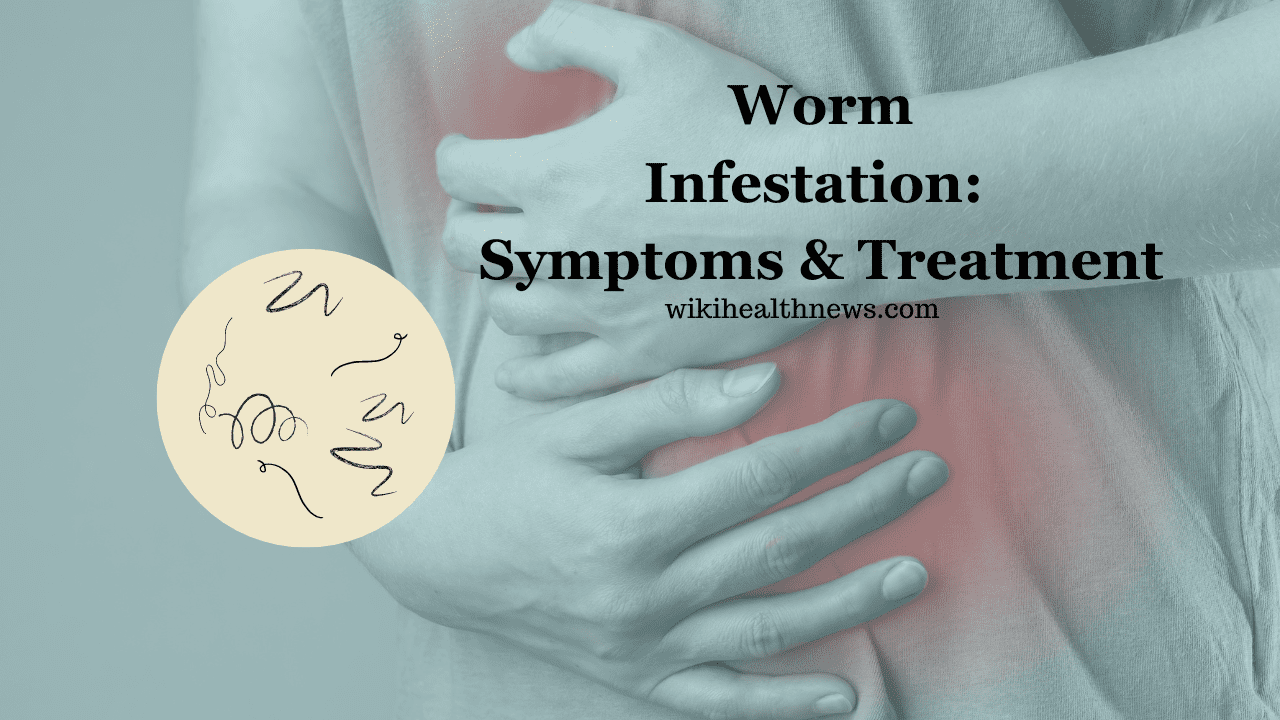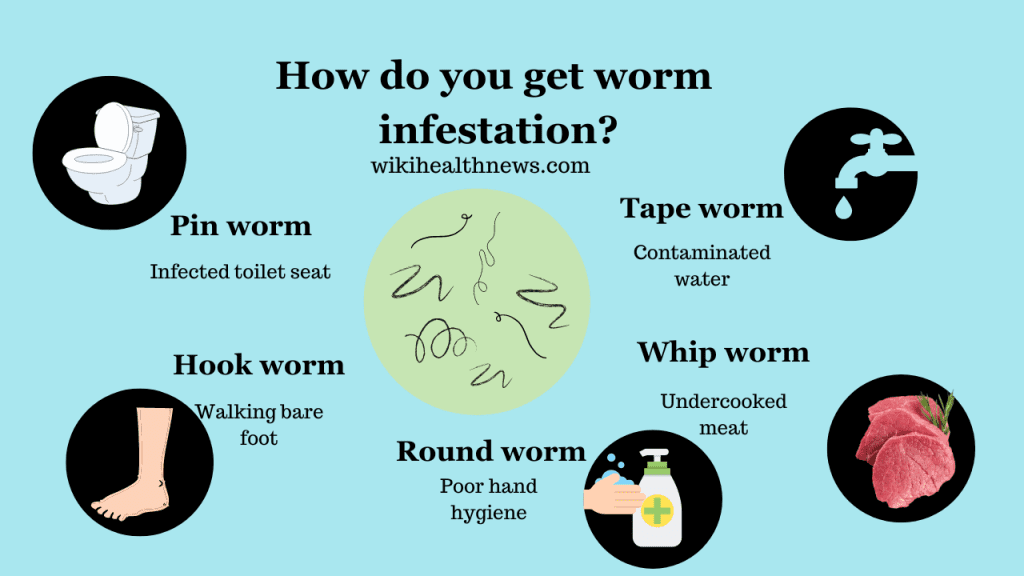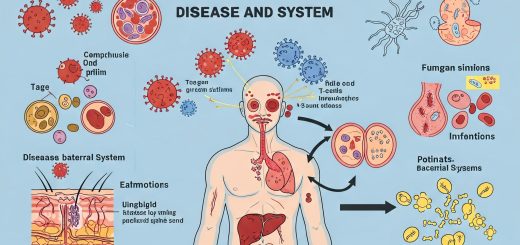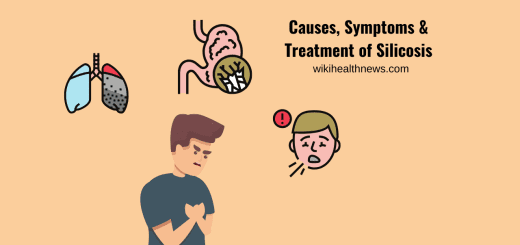Worm Infestation: Symptoms & Treatment

When worms invade the intestines and other areas of the body, worm infestations take place. Pinworms, roundworms, whipworms, hookworms, tapeworms, and flukes are a few examples of the various worms. If the infestation is minimal, the patient might not exhibit any symptoms. Some people, nevertheless, might itch near their anals. The female worm typically lays her eggs at locations near the anus at night, which causes the itch.
What are the possible causes of this condition?
The most frequent way for worm infestations to spread is when worm eggs are transferred from the anus to the mouth. When an infected individual scratches the area around the anus, worm eggs are frequently discovered under the sick person’s fingernails. The worm eggs are indirectly transported from the anus to the mouth when the infected person handles or eats food with infected fingers. It is also possible to breathe in worm eggs that fall from the anus’ surrounding areas and land in the environment. Worm eggs can also be transferred by household dust, by animals, or by coming into contact with contaminated objects like doorknobs, cups, dishes, or bedding.
How do I know if I have worms in my body?
Common signs of the condition include:
- Abdominal pain
- Constipation and colic
- Diarrhea
- Nausea
- Bloating or gas
- Fatigue
- Loss of weight
Types of intestinal worms
- Pinworm: The most prevalent roundworm infection is pinworm infestation. Pinworms are worms that dwell in the rectum and are white, small, and threadlike (the last part of the large bowel). A horrible itching is produced when the female worm emerges from the anus at night to lay her eggs in adjacent skin. Pinworm eggs can survive for up to two weeks outside the body and can easily spread to clothing, bedding, toys, toilet seats, and other items.
- Roundworm (Ascaris lumbricoides): Ascaris lumbricoides is the cause of ascariasis, a roundworm infection of the small intestine. The worm is typically present in human feces and is spread from hand to mouth due to poor hand hygiene. Worms can reach lengths of up to 41 cm as adults.
- Hookworm: A particular type of roundworm called a hookworm entered the ground through human feces. Walking barefoot on dirt contaminated with hookworm larvae, which penetrate through the skin, allows it to enter the host body. Hookworms live by hooking themselves to the walls of the small intestine. They often measure no more than half an inch long.
- Trichinosis worms (whipworm): The third most frequent roundworm infection in humans is trichomoniasis. By consuming undercooked meat that includes larvae, humans can contract trichinosis. The intestines are where the larvae develop. The larvae leave the intestines and go into muscle and other tissue to breed.
- Flukes: Flukes are a specific kind of flatworm that are spread to people by drinking tainted water and by eating raw watercress and other freshwater plants. Flukes come in a wide variety and can reside in tissues, blood, or the intestines. They can reach lengths of a few inches.
How is worm infestation in humans diagnosed?
Examining the clinical history, the symptoms, and performing certain tests, such as:
- Stool samples are examined to look for parasites in feces.
Colonoscopy: This procedure may be useful if diarrheal stool samples do not reveal parasites. - Tape test: In this test, a tape is repeatedly touched to the anus, and the tape is then examined under a microscope to look for pinworm eggs.
- Blood test: To find specific parasite types in the blood.
- Test for antibodies: This procedure looks for antibodies that the body creates in response to a parasite infection.
- X-rays, computed tomography (CT), or magnetic resonance imaging (MRI) imaging examinations are performed to determine the degree of organ damage brought on by worm infection.

How is worm infestation treated?
The following methods can be used to treat a worm infestation:
Antiparasitic drugs: These are drugs that kill parasitic worms.
Surgery is recommended in extremely severe situations when parasites have spread to other body regions.
Special diet: A tailored diet or consuming enough nutrition may be suggested.
Tips to prevent worm infestation
Healthy hygiene habits can aid in preventing worm infection
- Washing your hands with soap before you dine, cook, change a diaper, use the restroom, or contact an animal or animal excrement.
- Avoiding consuming meat, fish, or fowl that is uncooked or undercooked.
- Fruit and vegetable washing with filtered water.
- Consuming pure, safe water.
- Disinfectant-washing toys and clothing for kids.
- Regularly sun-drying and washing linens.
- Avoiding barefoot travel.
- Removing and disinfecting animal feces from the region.
- Maintaining pet hygiene and routinely deworming pets.











